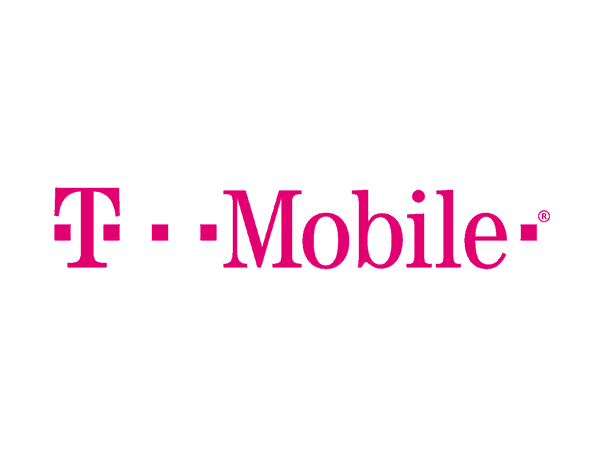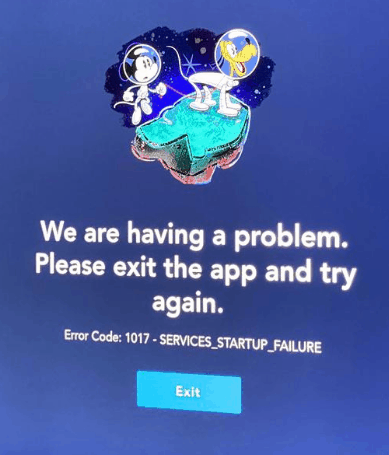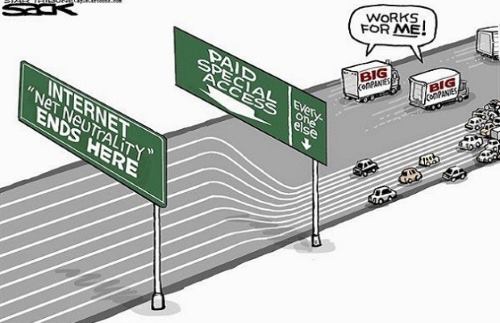 (Reuters) – The Federal Communications Commission (FCC) will probe an extensive T-Mobile network outage that impacted customers across the United States, the head of the U.S. telecommunications regulatory agency said on Monday.
(Reuters) – The Federal Communications Commission (FCC) will probe an extensive T-Mobile network outage that impacted customers across the United States, the head of the U.S. telecommunications regulatory agency said on Monday.
“The T-Mobile network outage is unacceptable. The @FCC is launching an investigation. We’re demanding answers – and so are American consumers,” FCC Chairman Ajit Pai said on Twitter.
Neville Ray, president of technology at T-Mobile, said on Twitter Monday that engineers were working to resolve a voice and data issue that has affected customers around the country.
He said later that data services were now available and some calls were completing. “Alternate services like WhatsApp, Signal, iMessage, Facetime etc. are available,” he added.
T-Mobile CEO Mike Sievert addressed the outage on a network status page on the company’s website late last evening:
Starting just after 12 pm ET and continuing throughout the day, T-Mobile has been experiencing a voice and text issue that has intermittently impacted customers in markets across the U.S. We are recovering from this now but it may still take several more hours before customer calling and texting is fully recovered. Neville Ray has shared updates throughout the day but I wanted to share the latest on what we know and what we’re doing to address it. This is an IP traffic related issue that has created significant capacity issues in the network core throughout the day. Data services have been working throughout the day and customers have been using services like FaceTime, iMessage, Google Meet, Google Duo, Zoom, Skype and others to connect.
I can assure you that we have hundreds of our engineers and vendor partner staff working to resolve this issue and our team will be working through the night as needed to get the network fully operational.

Pai
Early this morning, Sievert provided this update: “These issues are now resolved. We again apologize for any inconvenience and thank you for your patience.”
T-Mobile had 86 million customers at the end of 2019. T-Mobile did not immediately respond to a request for comment on the outage.
In 2018, Pai backed the merger of T-Mobile and Sprint Corp saying it would lead to improved 5G coverage in the United States and would bring much faster mobile broadband to rural Americans.
T-Mobile on April 1 officially completed its $23 billion merger with Sprint, solidifying its position as the No.3 wireless providers in the United States.
Reporting by David Shepardson; Editing by Stephen Coates


 Subscribe
Subscribe NEW YORK (Reuters) – Executives from Sprint Corp testified on Monday that the U.S. wireless carrier has struggled to improve its network, hindering its growth and underscoring the need to merge with larger rival T-Mobile US Inc.
NEW YORK (Reuters) – Executives from Sprint Corp testified on Monday that the U.S. wireless carrier has struggled to improve its network, hindering its growth and underscoring the need to merge with larger rival T-Mobile US Inc.
 (Reuters) – Walt Disney Co said demand for its much-anticipated streaming service, Disney+, was well above its expectations in a launch on Tuesday marred by complaints from users about glitches and connection problems.
(Reuters) – Walt Disney Co said demand for its much-anticipated streaming service, Disney+, was well above its expectations in a launch on Tuesday marred by complaints from users about glitches and connection problems. WASHINGTON (Reuters) – A U.S. appeals court on Tuesday rejected the decision of the Federal Communications Commission to declare that states cannot pass their own net neutrality laws and ordered the agency to review some key aspects of its 2017 repeal of rules set by the Obama administration.
WASHINGTON (Reuters) – A U.S. appeals court on Tuesday rejected the decision of the Federal Communications Commission to declare that states cannot pass their own net neutrality laws and ordered the agency to review some key aspects of its 2017 repeal of rules set by the Obama administration. WASHINGTON (Reuters) – The Federal Communications Commission suffered a setback on Monday in a long-running legal battle when a federal appeals court struck down its latest effort to loosen U.S. media ownership rules.
WASHINGTON (Reuters) – The Federal Communications Commission suffered a setback on Monday in a long-running legal battle when a federal appeals court struck down its latest effort to loosen U.S. media ownership rules.
